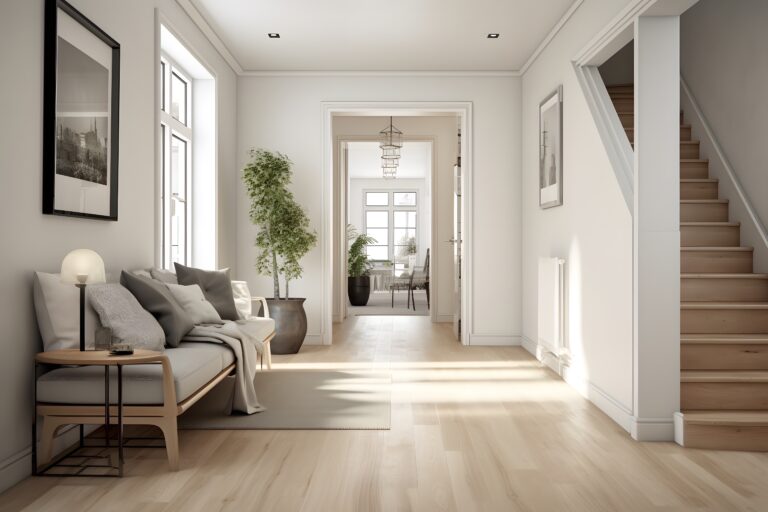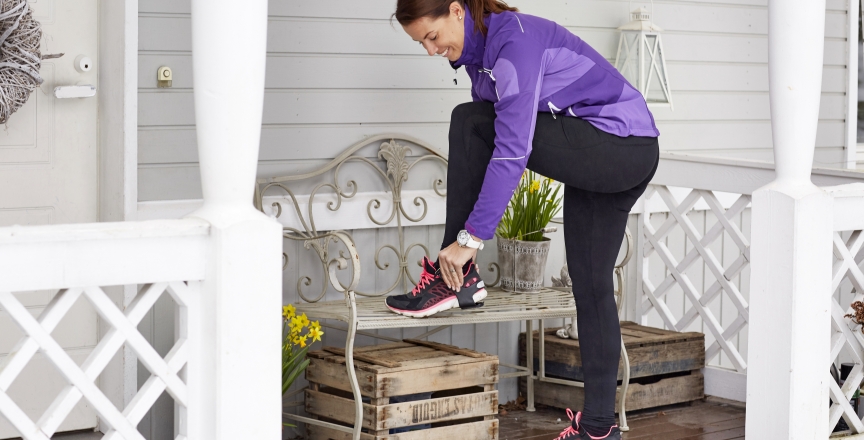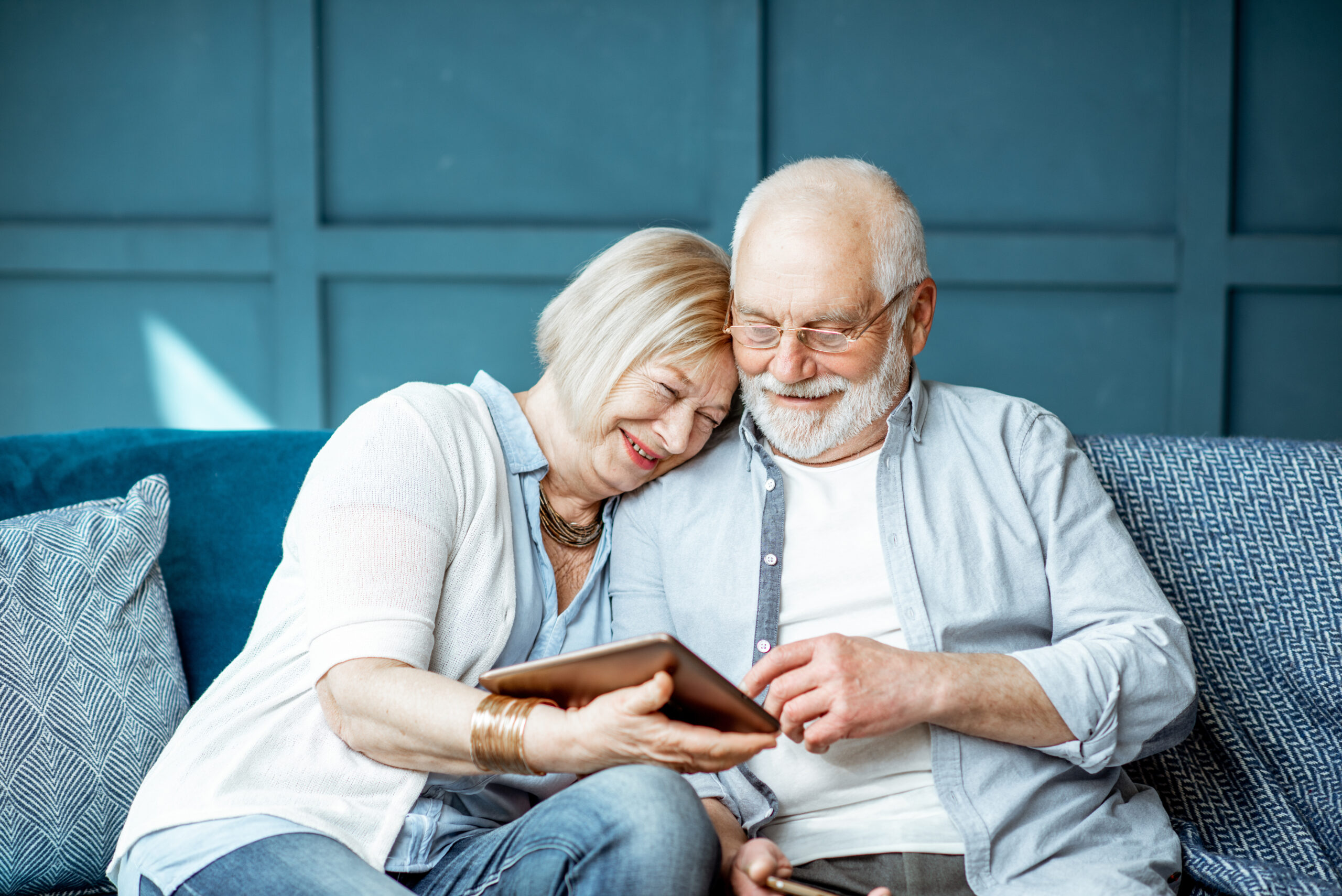Entrance, stairs, balconies and windows
Hallways and passageways should not be cluttered with items that could obstruct evacuation in an emergency.

Keep the hallway clean
You can minimise the risk of tripping in the hallway by keeping the front of the door and the passageway organised. It is a good idea to have enough space and a designated place for shoes where they are not in anyone’s way. If there is enough space in the hallway, place a chair there for putting your shoes on. If the hallway is small, the chair can be placed nearby. If older people are living at home or tend to visit your home, there should be a stool near the entrance for putting on shoes.
Be careful when climbing the stairs
Do not hurry when climbing the stairs. A sturdy handrail makes it easier to climb the stairs, and good lighting is important around the clock. Anti-slip stickers on stairs make moving about on the stairs safer. If there are small children at home, the stairs should also have safety gates at both the top and bottom of the stairs.
Water, ice, and extra items on stairs increase the risk of falling. Please also ensure that stairwells are adequately lit both outdoors and indoors.
Invest in window latches and balcony safety
There are latches available for windows that help lock the window into a specific position and thus reduce the risk of falling out of the window. These accessories are suitable for all types of windows: inward and outward opening windows, tilt windows and hung windows.
The balcony may pose a risk of falling, especially for young children. A child lock on the balcony door prevents the child from entering the balcony when an adult is not present. Lowering the threshold of the balcony, on the other hand, is particularly worthwhile in elderly people’s apartments, as it reduces the risk of falling due to tripping.
Take care of fire safety on the balcony
These days, more and more electric equipment is placed on balconies. The safety of electrical equipment relies on following the instructions for use when operating the equipment. Correct use ensures that the device does not cause an electric shock or fire.
Extension cords should not be used to run electricity from indoors to a balcony or terrace.
Lanterns used on balconies should be made of non-combustible material. Do not leave any candles burning unsupervised. Do not burn any outdoor candles on the balcony. Outdoor candles also heat up the area under them and might ignite the balcony table.
If you smoke on your balcony or terrace, have, for example, a glass jar with a lid and filled with water available for cigarette ends.
Balconies or terraces often also serve as storages. This causes an unnecessary fire risk, especially if you store flammable goods. If ash from the fireplace is stored on the terrace, you should purchase a sturdy metal container for this purpose.
The law does not prohibit grilling on the balcony. Housing companies may regulate grilling. If grilling is permitted on the balcony, comply with the fire safety provisions of the Rescue Act when grilling. Take your neighbours into consideration when grilling. A careless cook might cause a fire on their balcony just like indoors.
Unobstructed passageways in the stairwell increase safety
For the sake of fire safety, you should not leave anything in the stairwell of an apartment building – not even a pram. The stairwell is usually the only exit from the apartment building through which residents can escape in the case of a fire.
Goods stored in the stairwell might attract arsonists. The materials used in prams create heavy smoke in the case of a fire, which spreads rapidly upwards in the stairwell. Smoke prevents people from leaving. Never go in a smoke-filled stairwell under any circumstances.
Do not store any good in the outdoor passageways of buildings or in the passageways in attics, cellars and storages. Storage does not refer to normal notice boards, doormats and door decorations. They cannot be considered to pose such a risk to fire safety that their use should be prohibited.
Read more
-

Slipping and falling
Most home and leisure time accidents are falls or low-level drops. Falls occur to people of all ages, but the risk and severity of the consequences increase with age.
-

Safety Checklists
Home, cabin, and child safety can be improved with small changes. Using safety checklists, you can assess how safe your environment is. You can also share the results of the tests on social media.
Can you use the information on this page?
Give Feedback
With this form you can give us feedback.
